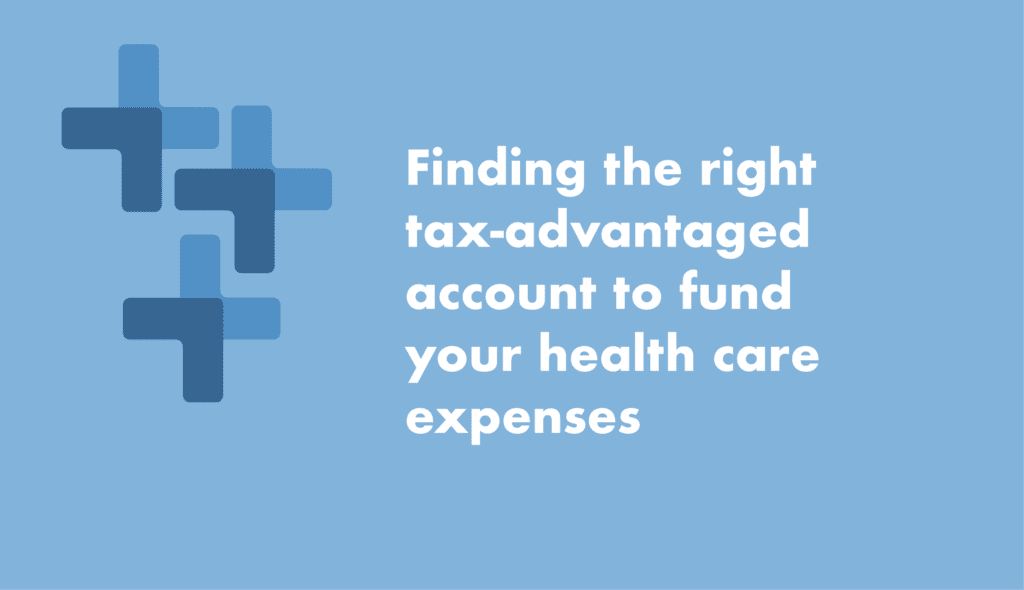EIC: New Law Makes Major Changes

The earned income credit (EIC) has been around for years. But it’s never been worth as much as it will be for 2021 under the new American Rescue Plan Act (ARPA). Some favorable changes are only for the 2021 tax year, while others are permanent.
Six Key Tax Breaks for Homeowners

The days of classic “tax shelters”— such as cattle breeding or oil drilling deals — are long gone. But at least one major tax shelter is still standing: Your home. If you own your principal residence, you can cash in on a bevy of tax breaks, saving thousands of tax dollars or even more. Here are six ways your home can provide tax shelter.
Real estate investor vs. professional: Why it matters

Income and losses from investment real estate or rental property are passive by definition — unless you’re a real estate professional. Why does this matter? Passive income may be subject to the 3.8% net investment income tax (NIIT), and passive losses generally are deductible only against passive income, with the excess being carried forward.
Do you qualify for a moving expense deduction? Four questions to ask.

If you answer “yes” to the questions below, it’s likely you’re eligible to claim a federal income tax deduction.
Finding the right tax-advantaged account to fund your health care expenses

Finding the right tax-advantaged account to fund your health care expenses Return to Blog With health care costs continuing to climb, tax-friendly ways to pay for these expenses are more attractive than ever. Health Savings Accounts (HSAs), Flexible Spending Accounts (FSAs) and Health Reimbursement Accounts (HRAs) all provide opportunities for tax-advantaged funding of health […]
Properly fund your living trust to shield assets from probate

Many people set up a revocable, or “living,” trust to shield assets from probate and take advantage of other benefits. For the trust to work, you must transfer assets to it that would otherwise go through probate — a process known as “funding” the trust. Most people fund their trusts around the time they sign the trust documents.
